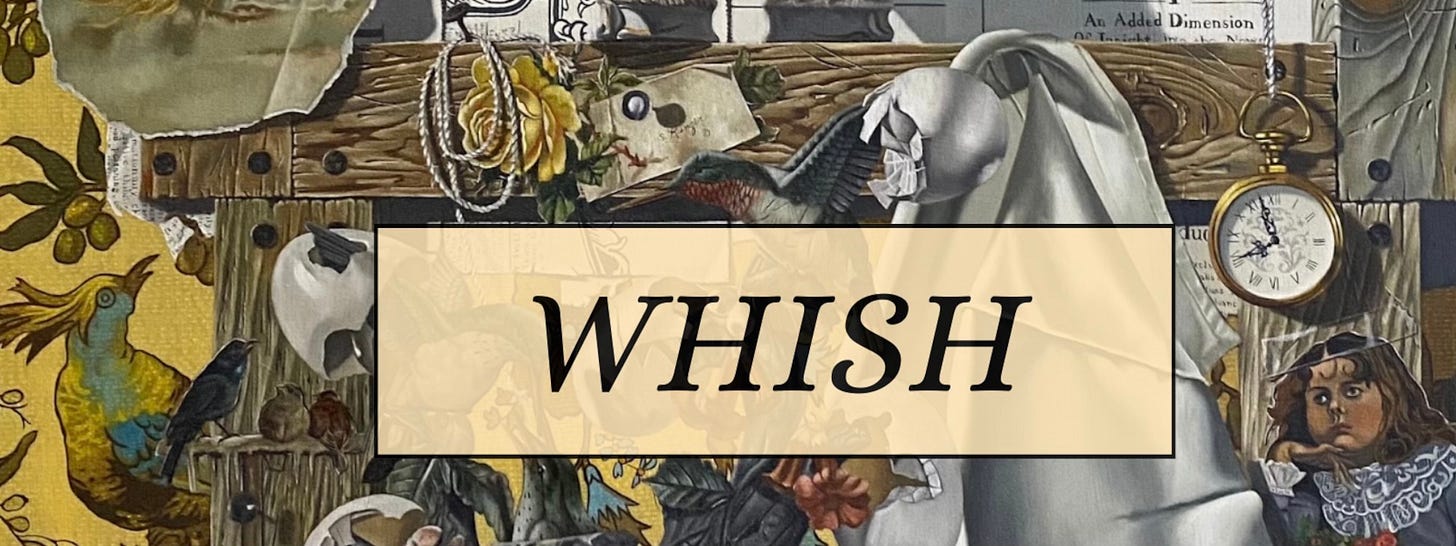The Great Escape
I'm a news junky. CNN, MSNBC, and other cable channels continually mutter in the back of my head. Last month, however, I turned off the TV, powered down my computer, and traveled to northwestern Greece. No pundits, no politicians. Just three amazing weeks of turquoise seas and poetry workshops. I didn't glance at headlines until our final morning. As I waited for an airport taxi, I logged onto C-SPAN and streamed the US presidential debate.
"Should we stay in Greece?" a classmate asked, only half joking. As I crammed laundry into my suitcase, the candidates bickered about golf scores. Sleep deprived and disoriented, I conflated the debate performance to dynamics in my extended family. I thought: I need to write about this.
But, who am I to write about current events? My poems are quirky, surrealistic, and sometimes downright silly. Topics like social justice, civic unrest, racism, misogyny, climate change, and war feel too weighty to take on.
Fortuitously, the writer’s retreat in Greece included a transformative course with poet and activist Carolyn Forché. Famous for coining the phrase “poetry of witness,” her books include In the Lateness of the World, The Country Between Us, and the memoir, What You Have Heard Is True. I left her class energized and bursting with ideas. My takeaway? Any poet, even me, can be a witness.
Writing Tips from Carolyn Forché
Carry notebooks. Don't try to chronicle your life in them. Simply jot observations—a line, a list of words, an image.
Begin in the middle. Trust your readers to connect the dots. Start your poem in the heart of the moment rather than explaining the history and the context.
Write quickly. Allow your first draft to flow without interruption. Let unexpected images bubble from your subconscious. It's not necessary to lineate or follow formulaic rules at this stage. Discover the rhythms, the drama of enjambment, during the revision process.
Apply associative magic. Juxtapose disparate elements. Let images bounce off each other. Ask yourself what is going on beneath the surface. Respond to things that are not explicitly stated on the page.
Compress your thoughts. Poetry has energy because so much is contained within just a few lines. Choose precise words and images to describe your observations. Minimize transitional phrases such as “before,” “after,” “then,” and “I’m reminded of…”
Know your speaker. Establish who is narrating your poem— a tourist? a protester? a government official? A casual bystander?
Stay in the zone of the self. A poet is not a journalist or historian. Poetry moves beyond objective facts. Write from the perspective of your own convictions, obsessions, and experiences. Don't equate your experiences with the experiences of people from other countries or cultures.
Embrace the universal 'I'. Be true to yourself, but transcend yourself. Create a voice that will resonate with readers from many backgrounds.
Your Turn
Do you have tips for poets who struggle to write about the news?
Who are your go-to writers for poems that address current events?
Can you recommend journals that often publish “poetry of witness”?
“The Colonel” by Carolyn Forché
from The Country Between Us (HarperCollins Publishers Inc, 1981)
What you have heard is true. I was in his house. His wife carried a tray of coffee and sugar. His daughter filed her nails, his son went out for the night. There were daily papers, pet dogs, a pistol on the cushion beside him. The moon swung bare on its black cord over the house. On the television was a cop show. It was in English. Broken bottles were embedded in the walls ... Read the full poem >
Prompt:
Have you been following elections in the United States or in another country? For this prompt, you can write about the US presidential debate or any political activity you’ve observed, no matter where you live.
Brainstorm: List at least 5 sensory details related to a debate, an election, or a political campaign.
Brainstorm: List at least 5 sensory details from your life outside the realm of politics.
Write a braided poem that juxtaposes some details from each list. Do not directly say how these details connect.
Be yourself and have fun with this! Feel free to share a poem if you wish.
“With Albert Einstein, Stephen Hawking, and Star Trek as her muses, Jackie Craven subverts time... WHISH is a triumph of a book!" —DENISE DUHAMEL, author of Second Story







Those writing tips....help me to think about using words to make sense out of a jumble of thoughts. Thank you, Jackie Craven.